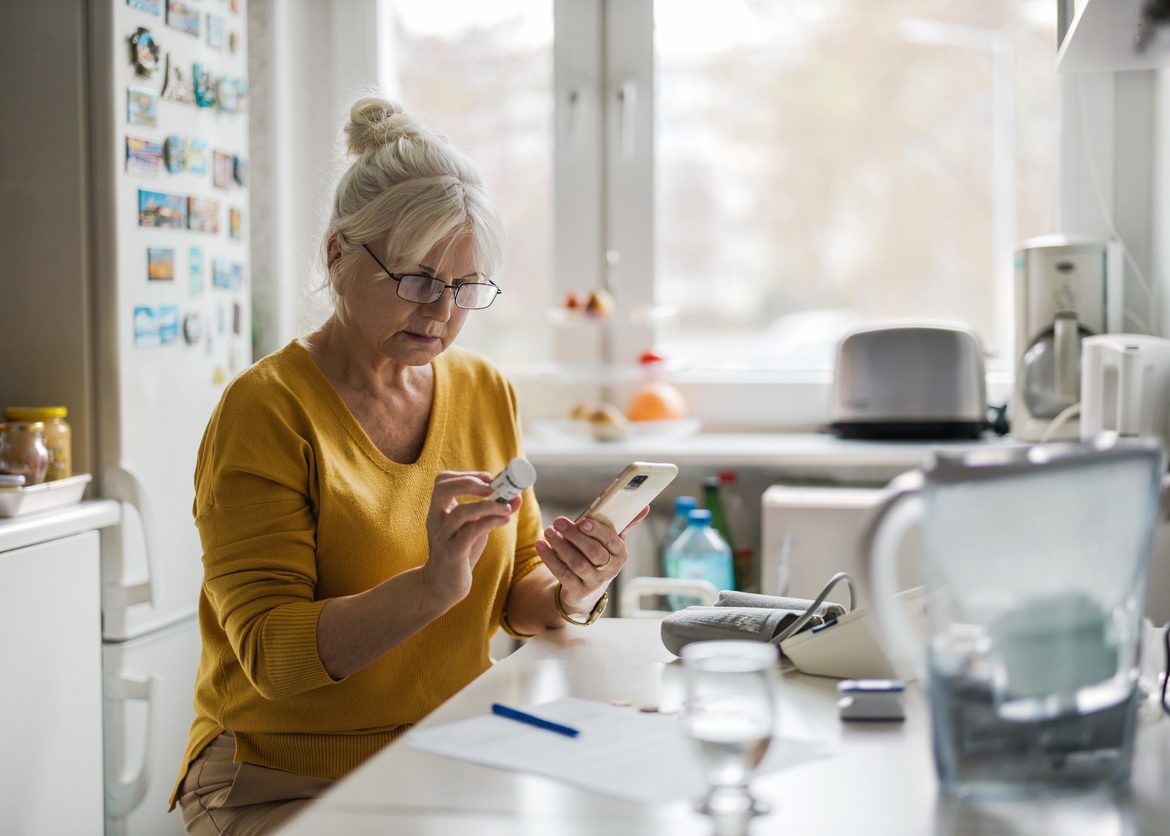Eczema is a condition that causes skin to become itchy, red, dry and cracked. It is also known as atopic dermatitis or atopic eczema. But the question remains… what is eczema? Eczema is very common, affecting over 10 million people in the UK alone. It can develop at any age but is most common in babies and children.
What Causes Eczema?
The exact cause of eczema is not known but it often runs in families. It is related to having an overactive immune system that reacts to substances in the environment. Things that can trigger eczema flare-ups include:
- Irritants like soaps, detergents, perfumes, dust mites
- Allergens from pets, pollen, foods
- Stress and changes in temperature/humidity
- Bacterial infections on the skin
Some people are born with defects in their skin barrier that make it easier for irritants and allergens to enter and cause inflammation.
Eczema Symptoms
The main symptom of eczema is itchy, inflamed skin. Other symptoms include:
- Rashes that can ooze, crust, flake and scale
- Red, cracked skin that can sometimes bleed
- Thick, leathery skin patches from chronic scratching
- Small, raised itchy bumps (in some cases)
Eczema symptoms can range from mild to severe. Flare-ups can come and go over time.
Types of Eczema
There are several types of eczema:
- Atopic dermatitis – The most common form, usually starts in infancy.
- Contact dermatitis – Caused by a reaction to an allergen or irritant.
- Dyshidrotic eczema – Causes itchy blisters on hands/feet.
- Nummular eczema – Round, coin-shaped itchy spots.
Eczema Treatments
There is no cure for eczema, but various treatments can relieve itching and inflammation during flare-ups:
- Medicated ointments/creams – Topical corticosteroids and immunosuppressants reduce inflammation.
- Antihistamines – Relieve itching.
- Light therapy – Involves controlled UV light exposure.
- Antibiotics – Used if skin gets infected.
- Immune modifying drugs – For severe cases.
The key is using moisturizers daily to hydrate and protect skin. Avoiding triggers, maintaining good hygiene, wearing soft fabrics and using mild soaps can also help prevent flare-ups.
With proper treatment, most people are able to manage their eczema symptoms successfully. See your doctor if home care strategies are not providing relief.
